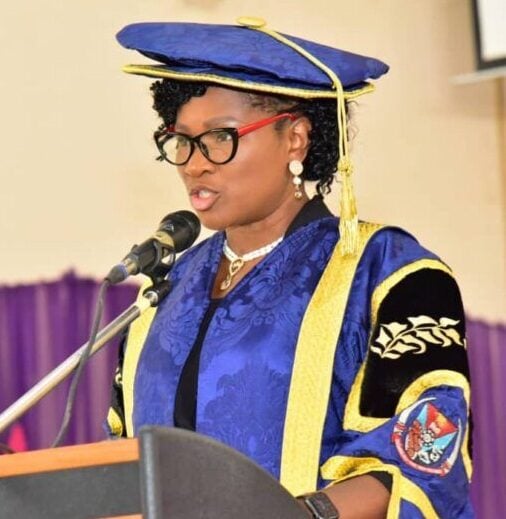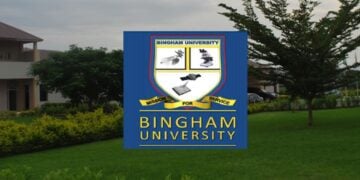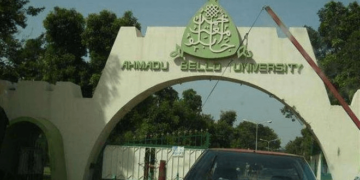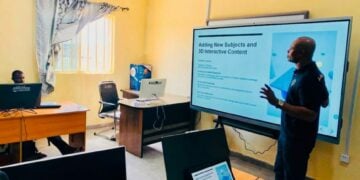The Vice-Chancellor of the Federal University of Technology, Prof. Adenike Oladiji, Prof. Akure (FUTA), has decried the escalating global threats to wildlife and emphasised the urgent need for effective conservation policies.
Oladiji said the global wildlife trade, with direct exports valued at approximately $1.8 billion, seriously threatens biodiversity.
The VC stated this on Thursday during the Wildlife Society of Nigeria (WISON) 7th annual conference, which is being held at the FUTA campus in Akure, Ondo State.
Oladiji, represented by the Deputy Vice-Chancellor (Academic), Prof. Timothy Amos, said, “Broader economic analyses estimate the global impact of wildlife exploitation to be between 4 and 20 billion dollars annually, a staggering figure with profound implications.”
At the conference themed “Globalisation and Wildlife Trade: Trends and Impacts on Conservation,” Prof. Adenike highlighted the critical challenges posed by the clash between wildlife conservation and economic exploitation.
Declaring the conference open, the VC decried the dangerous conflict between the drive to generate income from wildlife through trade and the imperative to conserve natural habitats and animal populations.
She stressed that over-exploitation remains one of the most significant hazards facing global conservation efforts today.
Warning that unchecked exploitation could imperil ecosystems’ survival, the Vice-Chancellor reinforced the scientific community’s call for urgent and coordinated action.
Appreciating the choice of conference theme, Prof. Adenike described the event as a vital forum to foster rich discussions that balance economic realities with environmental stewardship.
She, however, expressed hope that the conference’s outcome would spur practical policies to safeguard wildlife for future generations.
She says, “The conference at FUTA marks a timely and important step toward addressing the complex challenges globalisation imposes on conservation and reinforces the university’s commitment to advancing research and policy solutions that protect Nigeria’s and the world’s natural heritage.”
Earlier, Prof. Anthony Adekunle Ogunjinmi, chairman of the Local Organising Committee, encouraged the participants to be not only passive attendees but also active participants.
Ogunjinmi urged them to “engage in the sessions, ask challenging questions, connect with your peers during the breaks, and build relationships that will extend far beyond these walls.”





